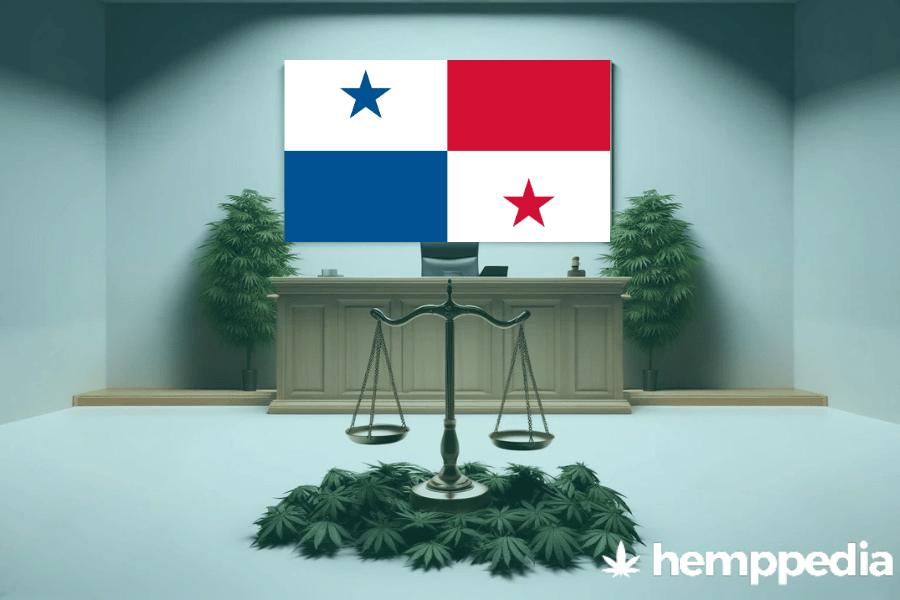TL;DR
In the Central American country of Panama, the situation surrounding the legality of cannabidiol (CBD) is thoroughly misunderstood. As of now, CBD is classified under the same category as cannabis, which is illegal in Panama. The usage, possession, or distribution of CBD is considered a criminal offense.
| Legal Status | |
|---|---|
| Usage | Illegal |
| Possession | Illegal |
| Distribution | Illegal |
| THC-containing products legality | Illegal |
Overview of CBD Legislation
Define Key Terms
CBD is a compound derived from cannabis plants like hemp and marijuana that has medicinal benefits. Hemp and marijuana are both types of cannabis plants, but have different THC content – hemp contains less than 0.3% THC, while marijuana has much higher concentrations. Full-spectrum CBD products contain all cannabinoids found in the plant, while isolates only contain CBD.
Legal Landscape
The legal status of CBD varies globally. It is generally accepted in regions such as North America and Europe. However, in Central America, including Panama, CBD is typically classified under the same laws as cannabis, making it illegal.
Legal Status
In Panama, CBD is illegal regardless of its THC content. Both federal and local laws, which strictly prohibit any forms of cannabis, are applicable.
Regulatory Bodies
The Panamanian Ministry of Health and Public Security are the primary bodies enforcing these laws.
Conditions and Restrictions
There are currently no exceptions to these restrictions, and all uses of CBD are illegal.
Historical Context
Until now, Panama’s drug laws have remained strict and unchanged, and have never differentiated between any forms of cannabis including CBD.
Possession, Use, Cultivation, and Sales
Under Panamanian law, there are strict consequences for the possession, use, and sales of CBD. Importing or exporting CBD products can result in criminal charges, and the cultivation of hemp for CBD production is outright banned.
Enforcement and Penalties
Violations of Panamanian cannabis laws, which includes CBD, can lead to serious consequences, including imprisonment. Medical use of CBD is also not recognized, and therefore the same penalties apply.
Comparative Analysis
Compared to more progressive regions like Europe and North America, Panama’s stance on CBD remains firmly conservative. Changes in the legal status of CBD in Panama will likely depend upon changes in global perspectives and increasing amounts of scientific research.
Conclusion
In summary, the usage, possession, distribution, and cultivation of CBD in Panama are all illegal activities. Potential changes in this legislation depend upon shifts in global perspectives towards the benefits of CBD.





